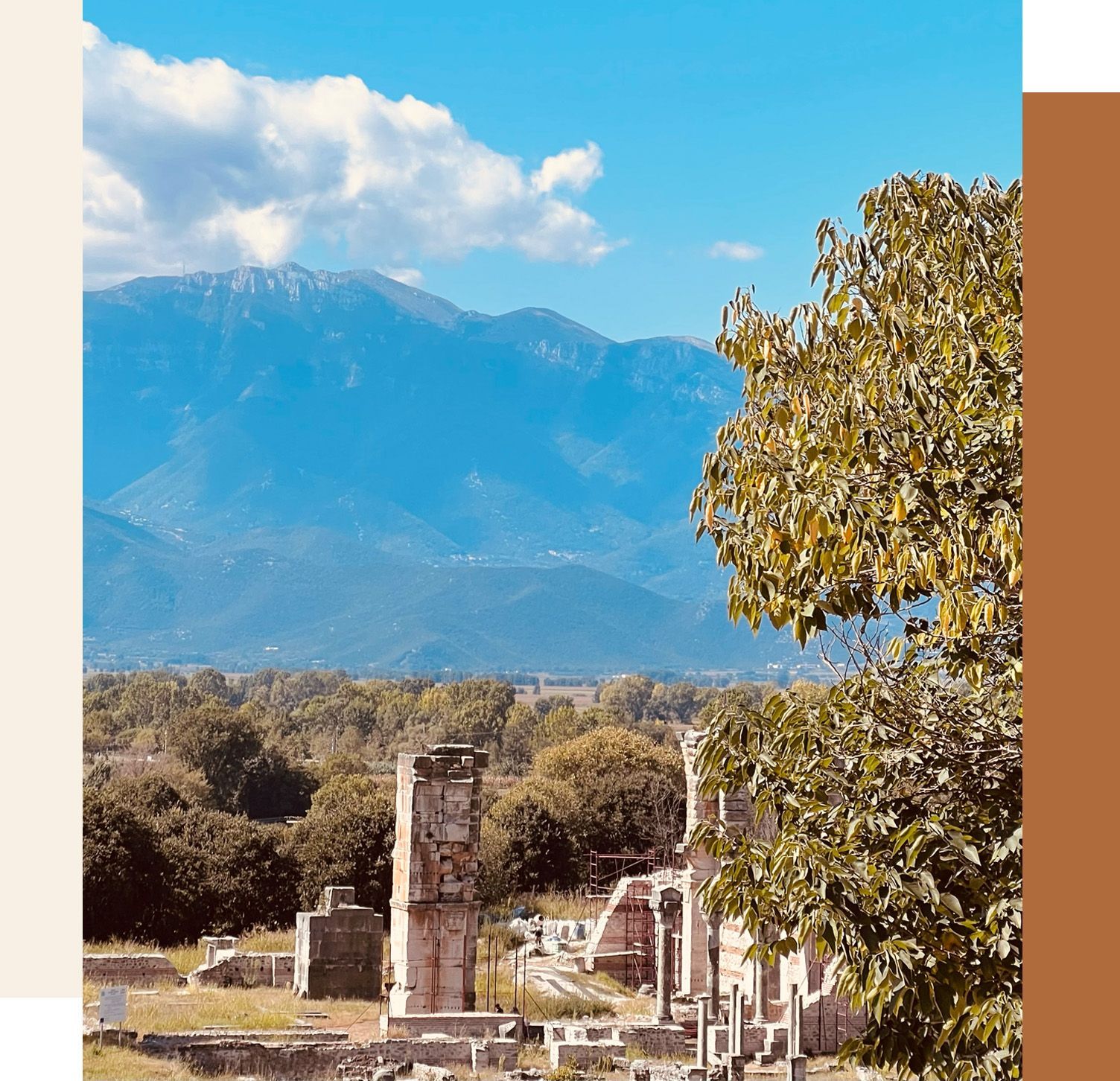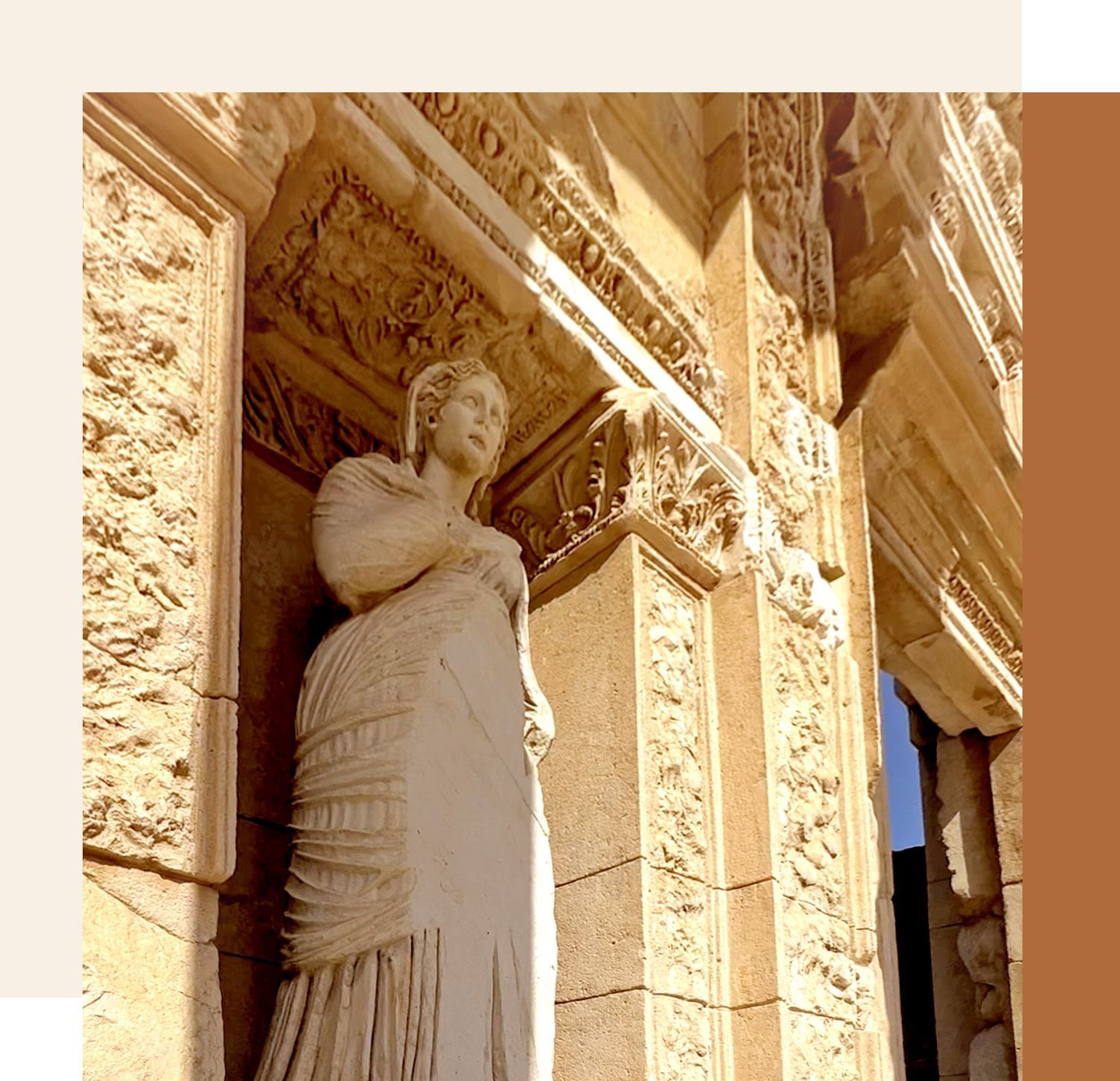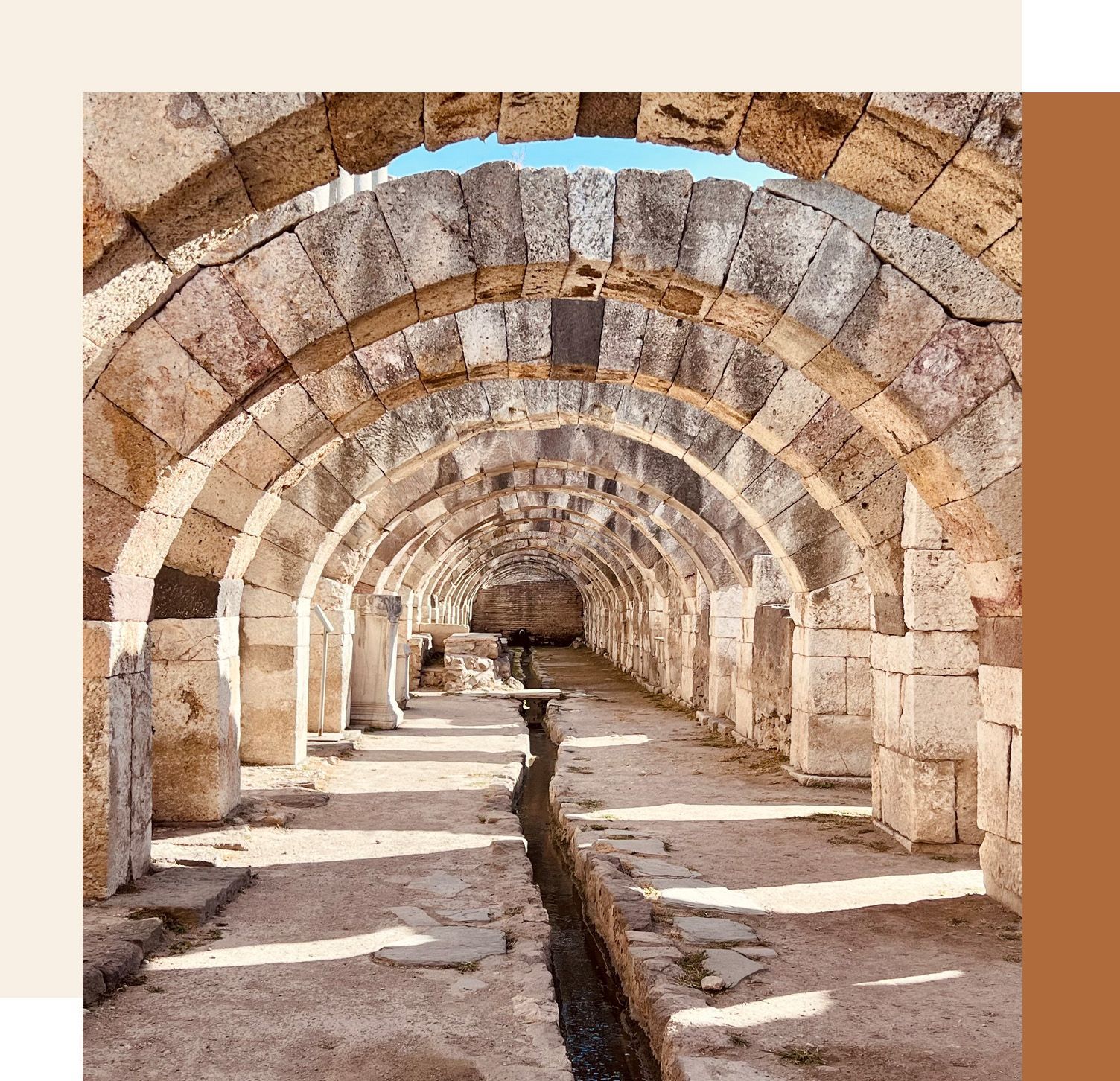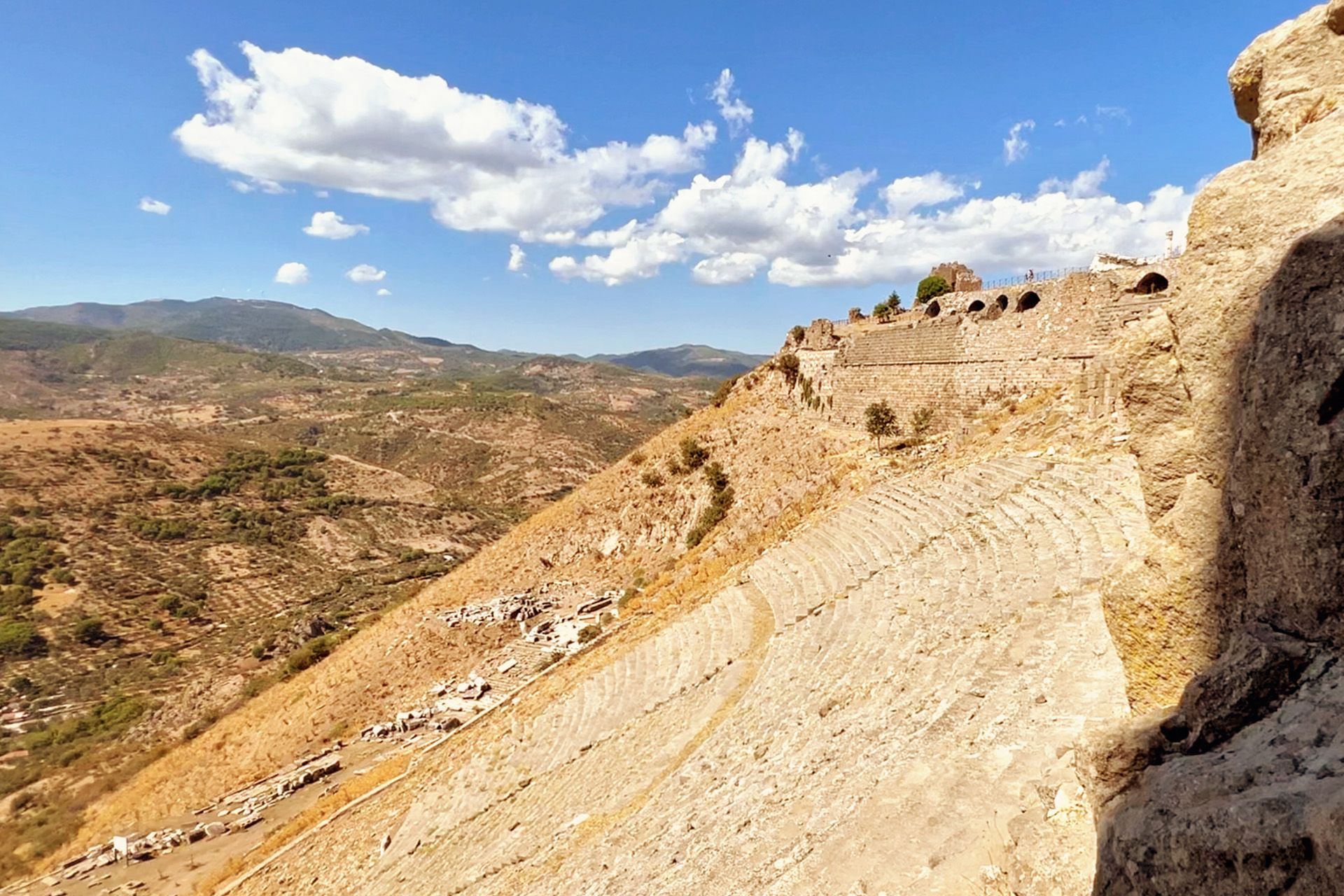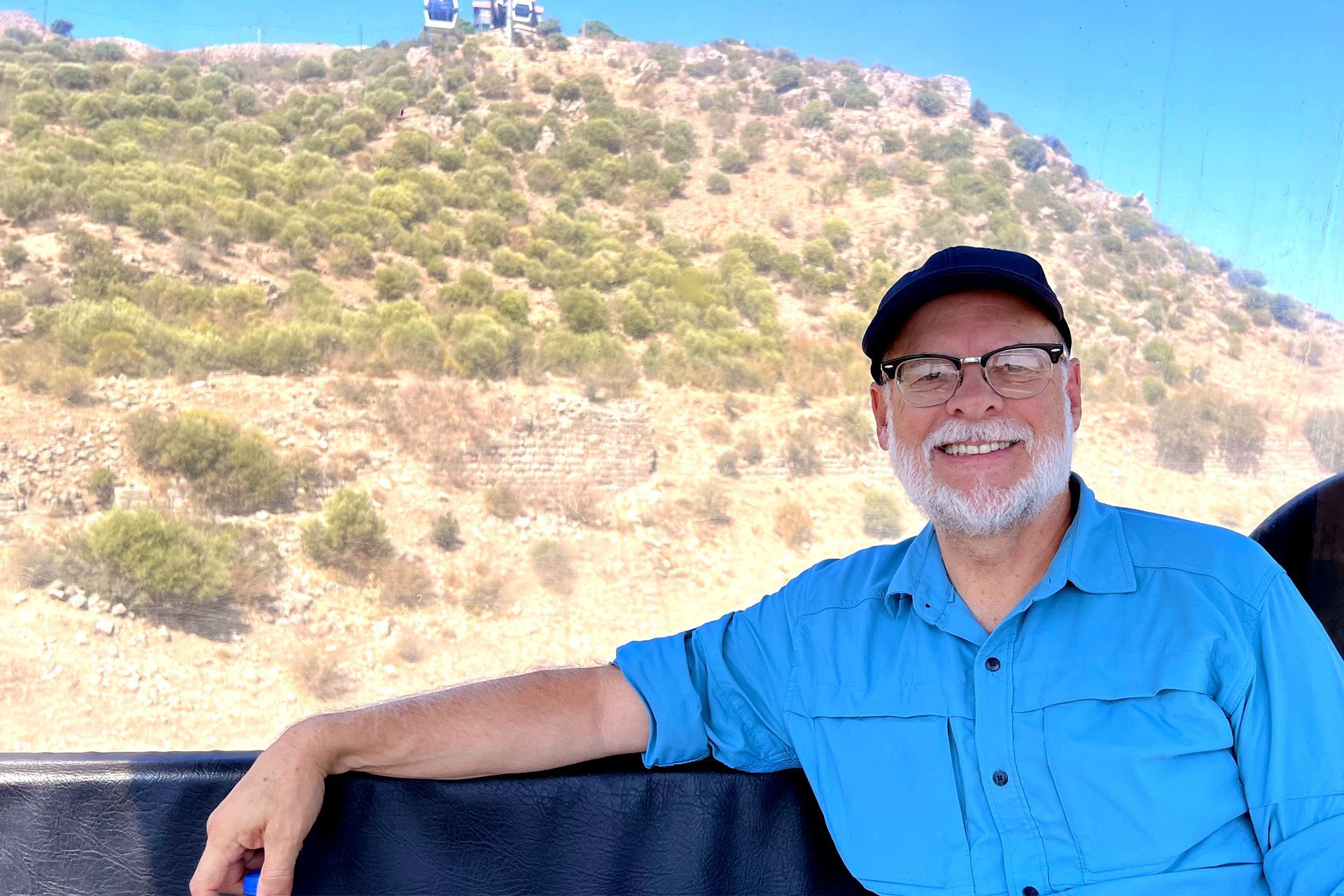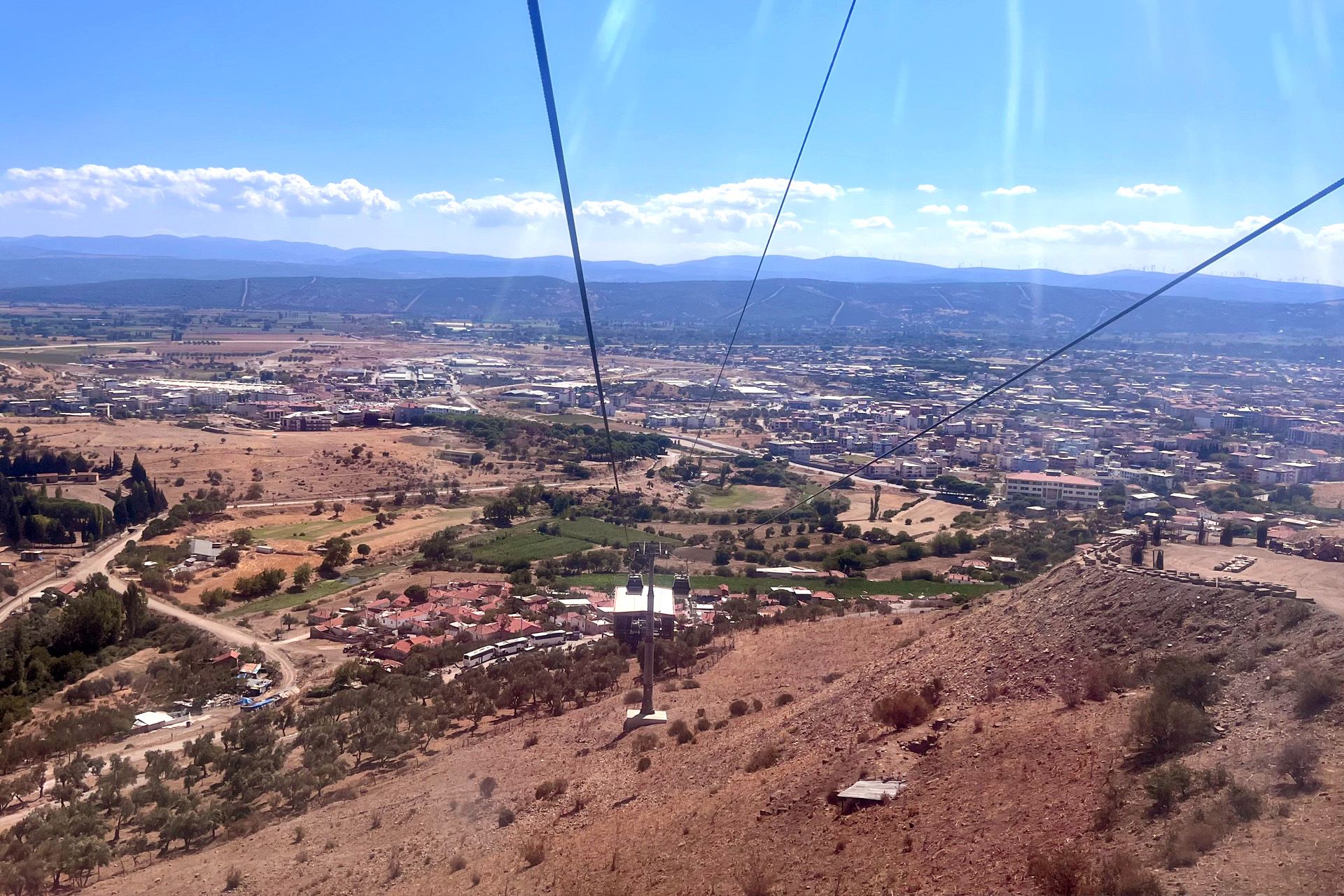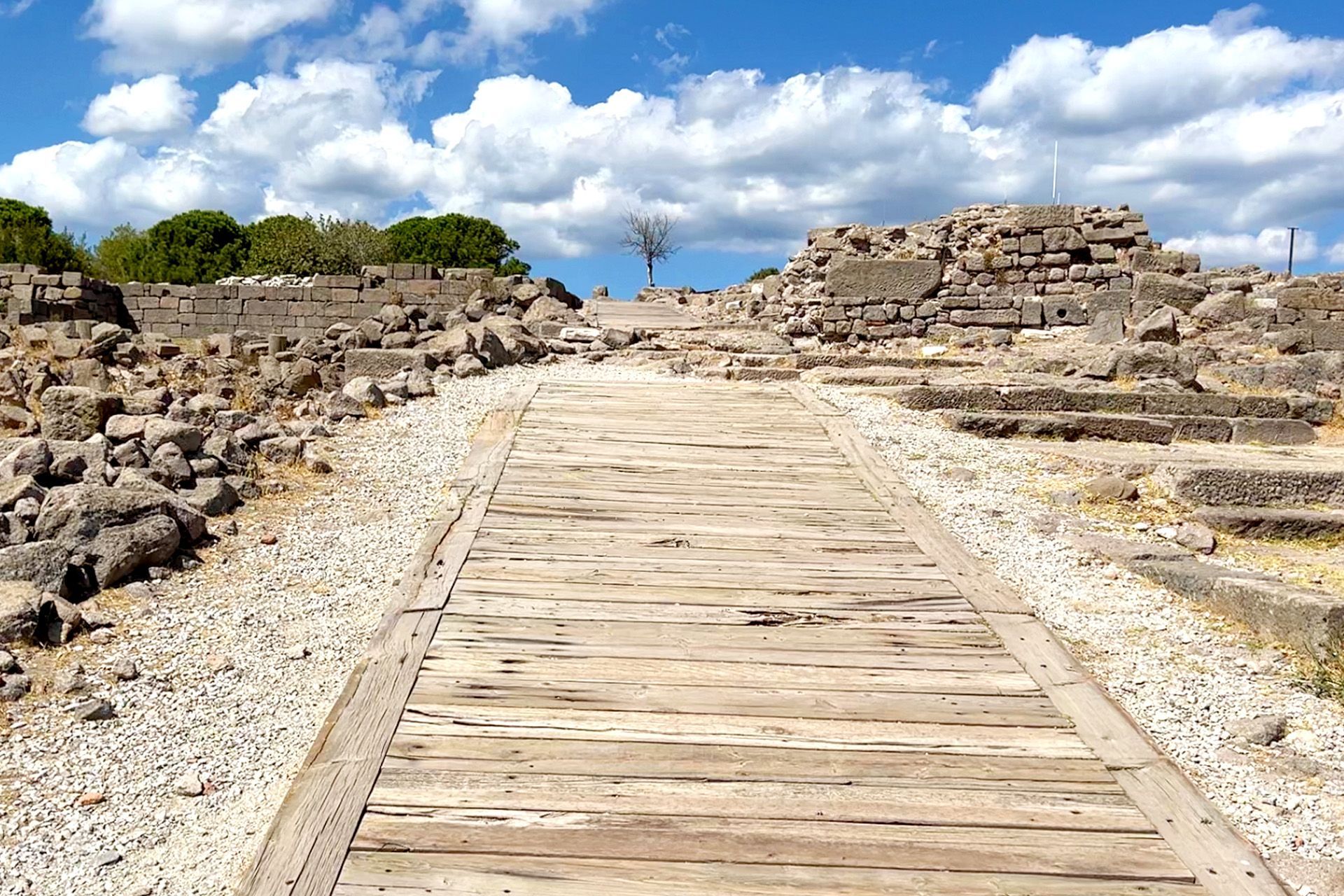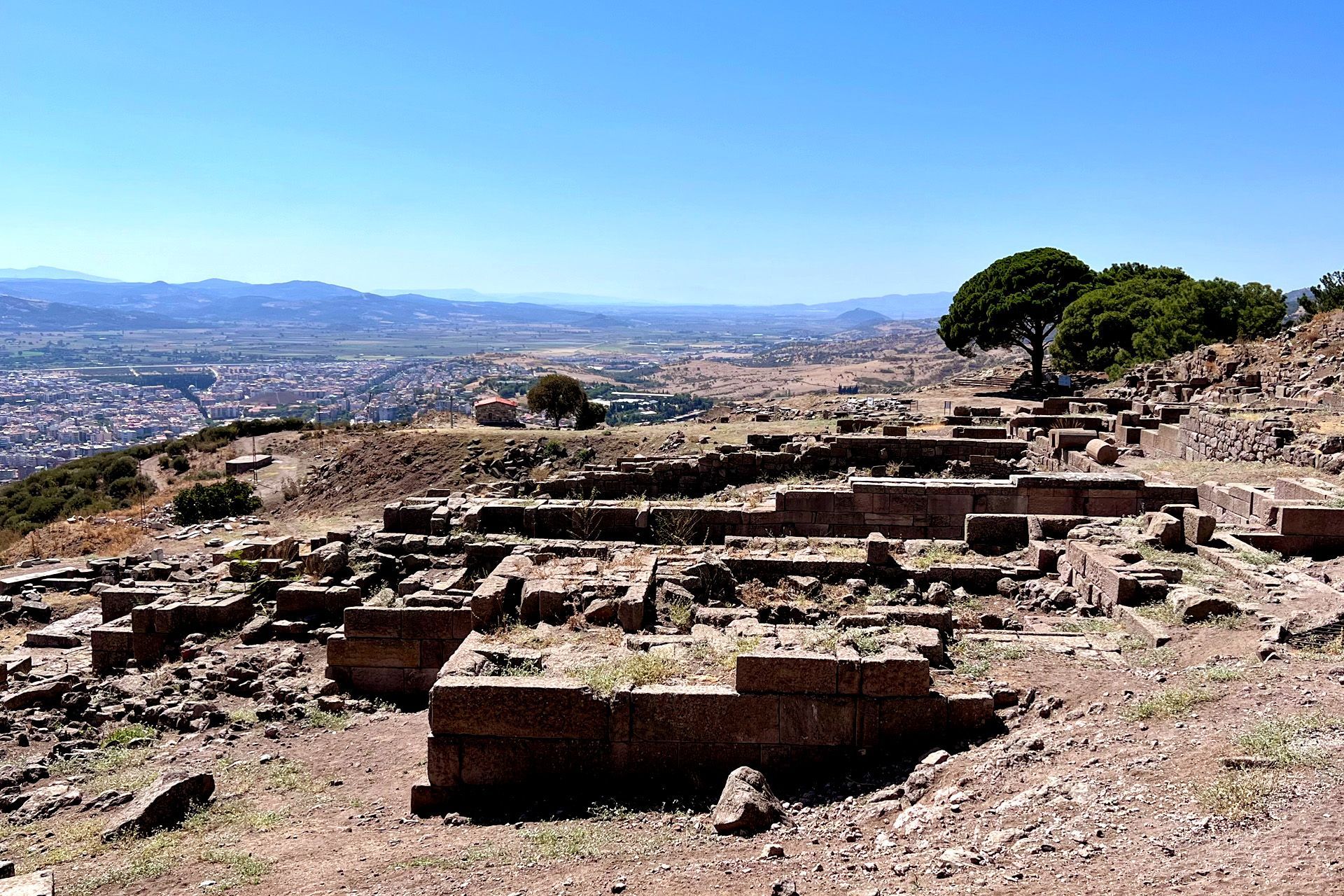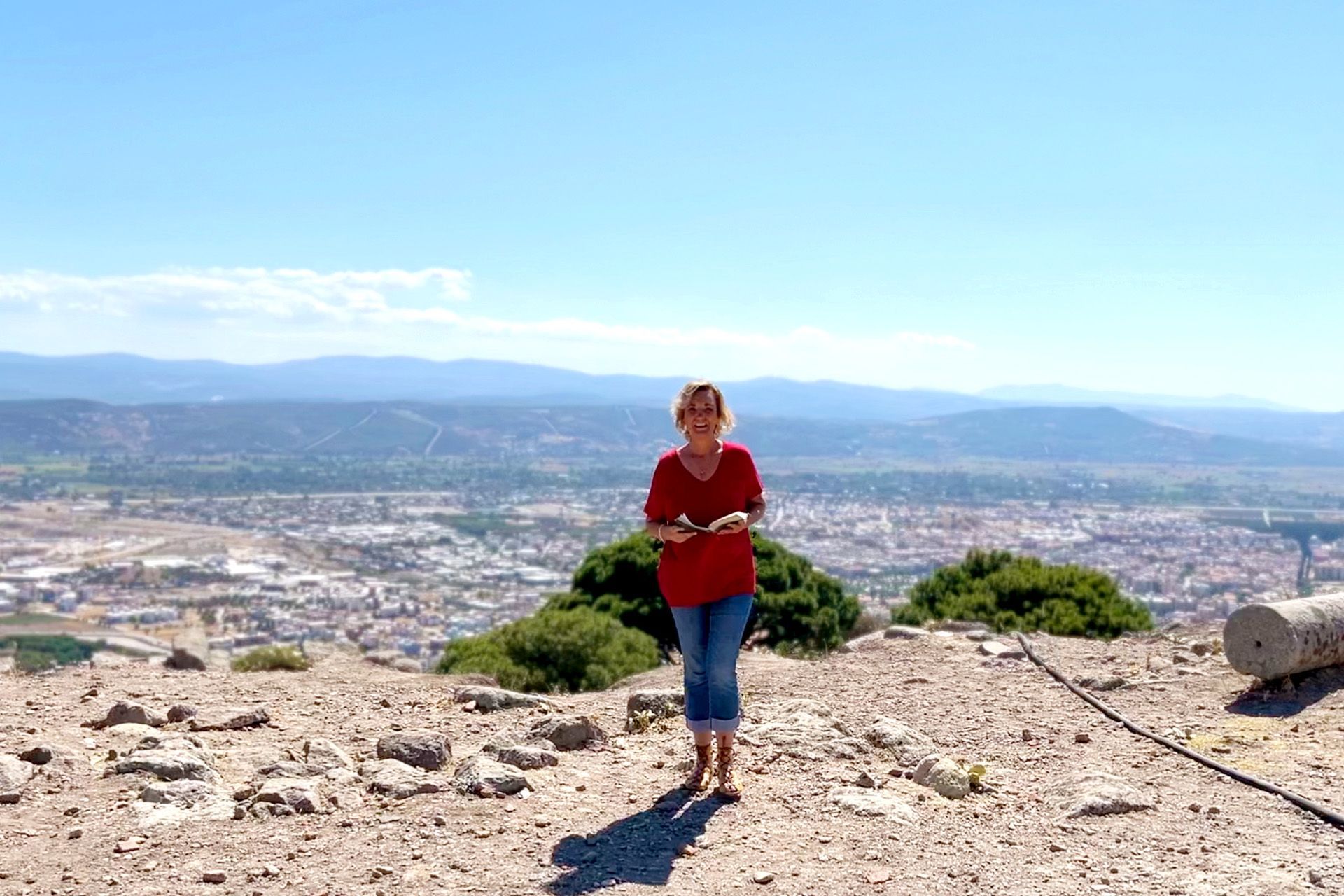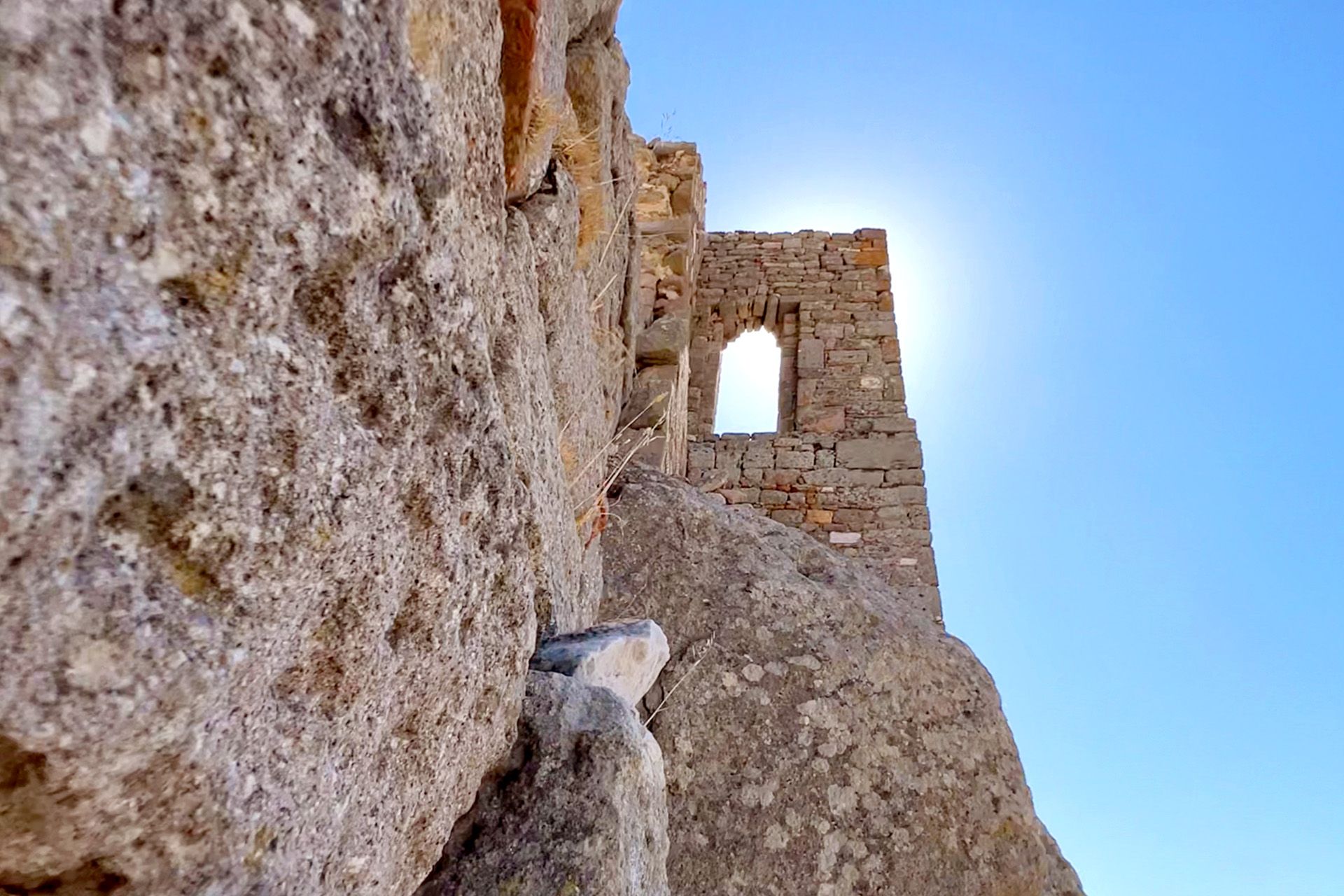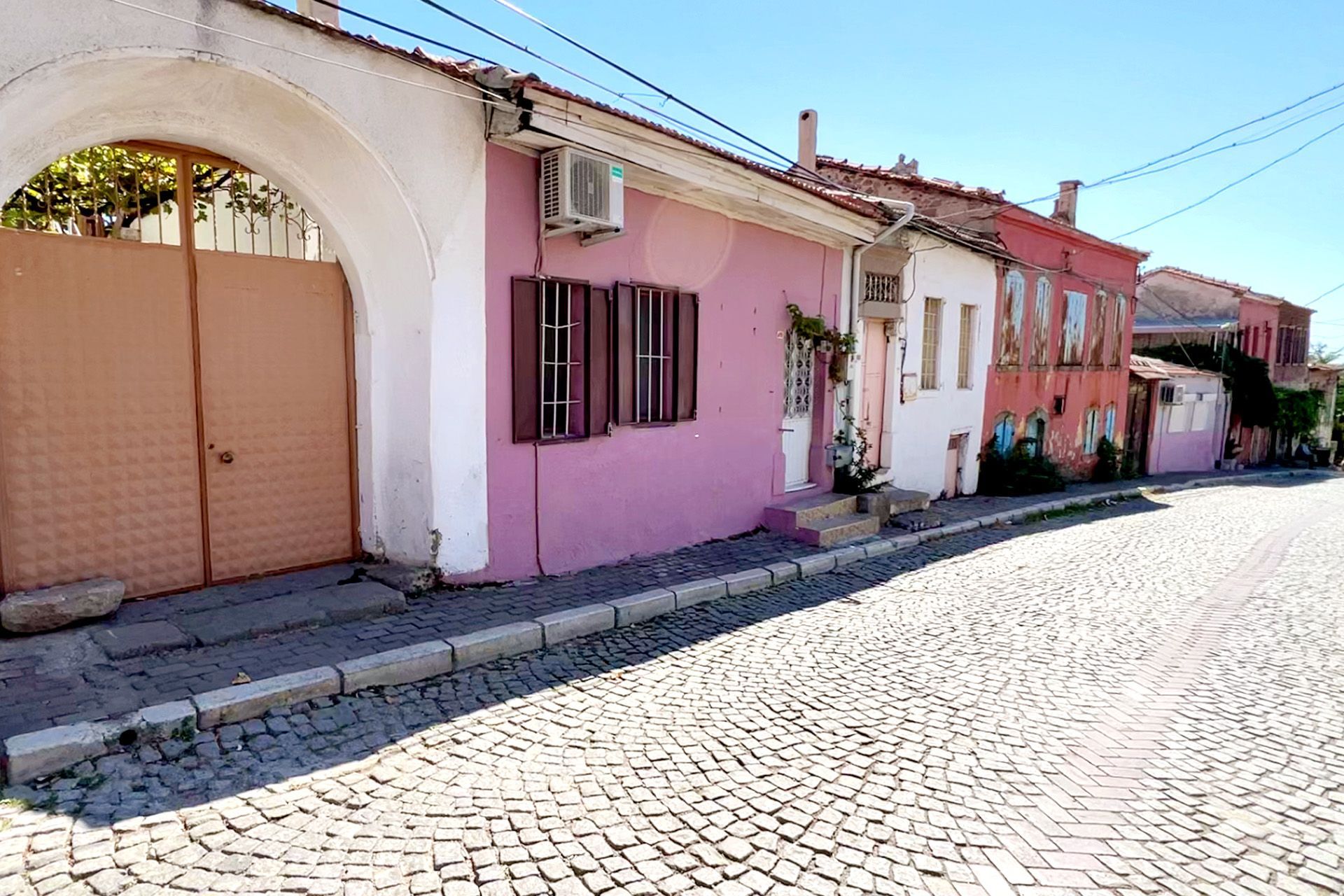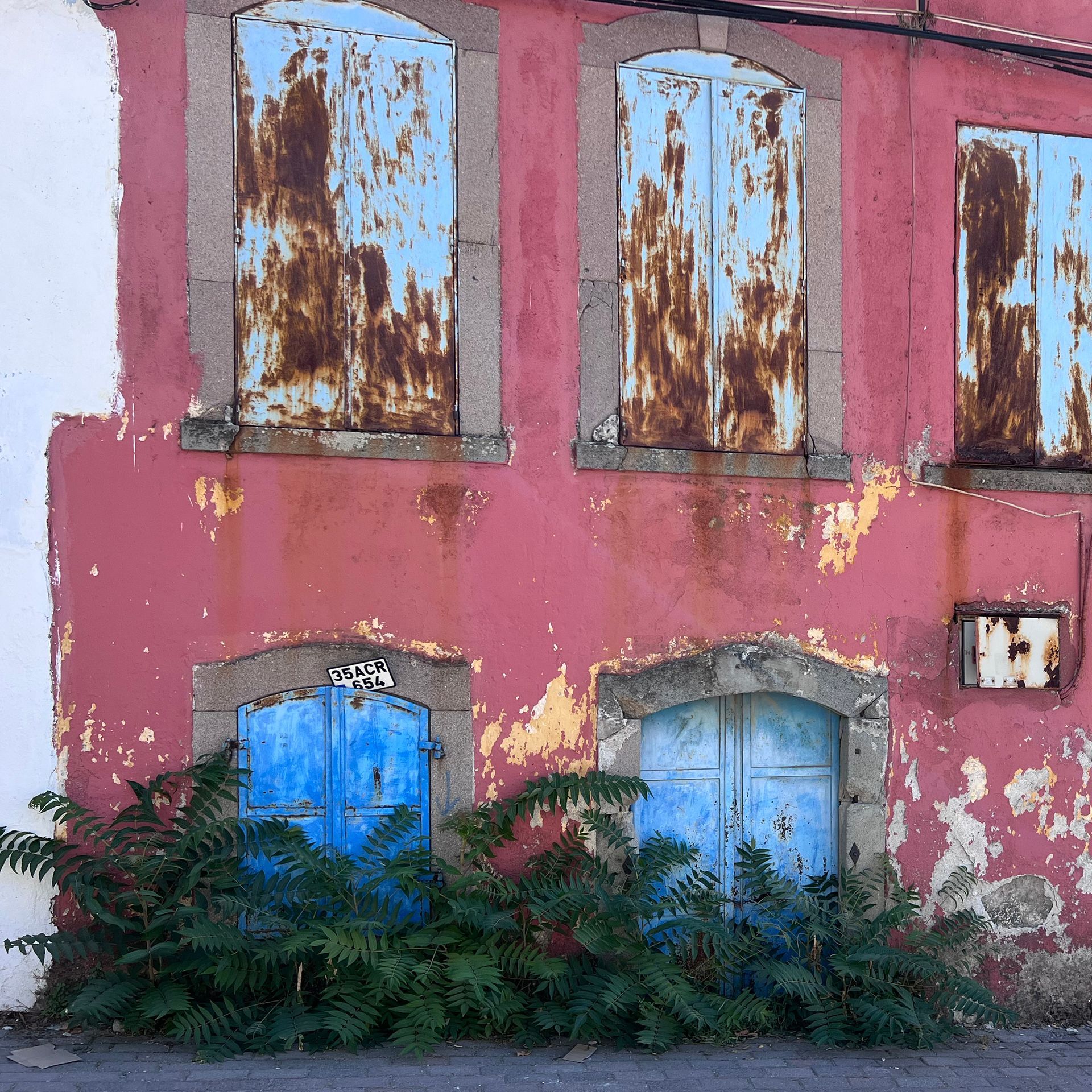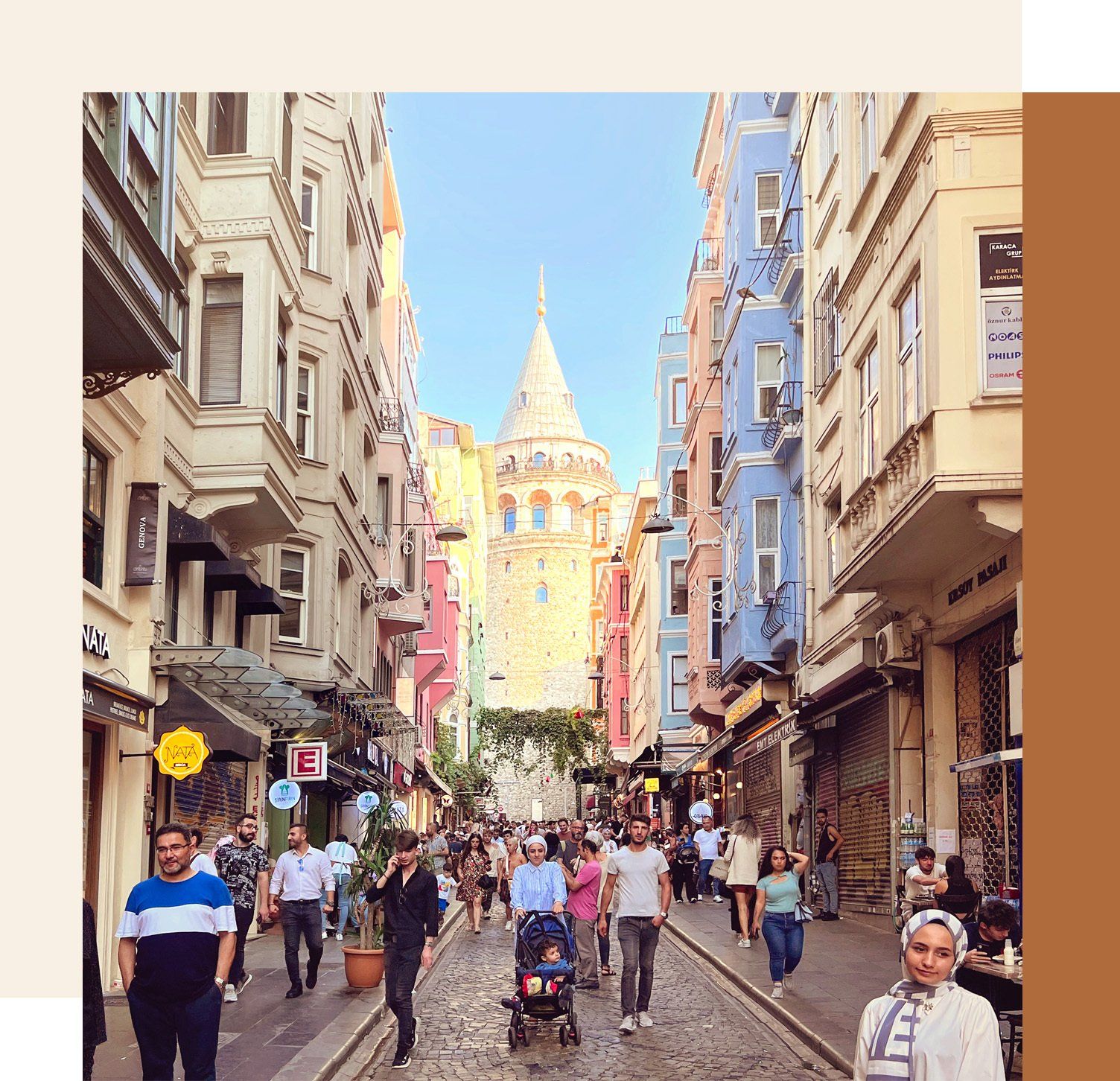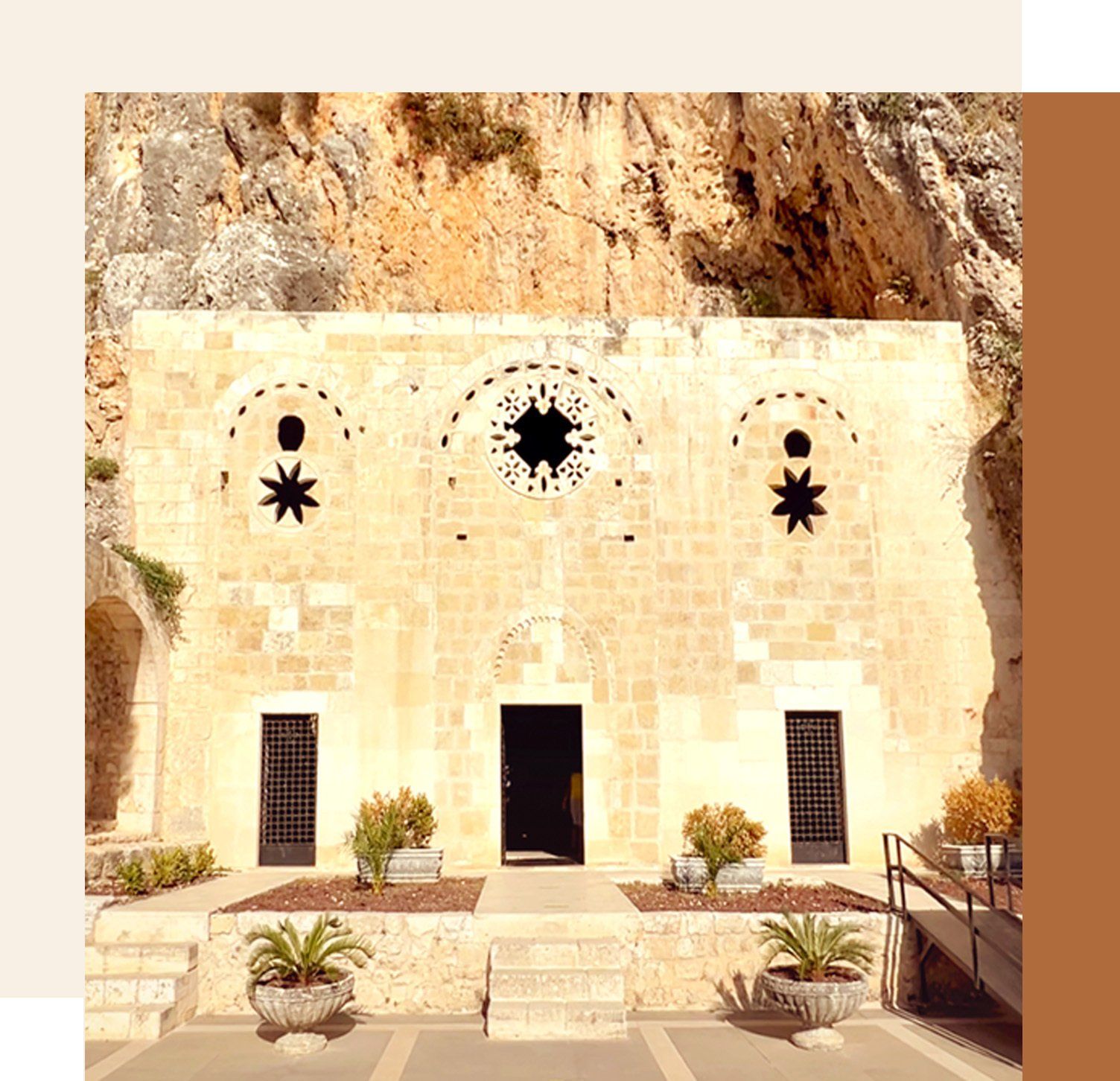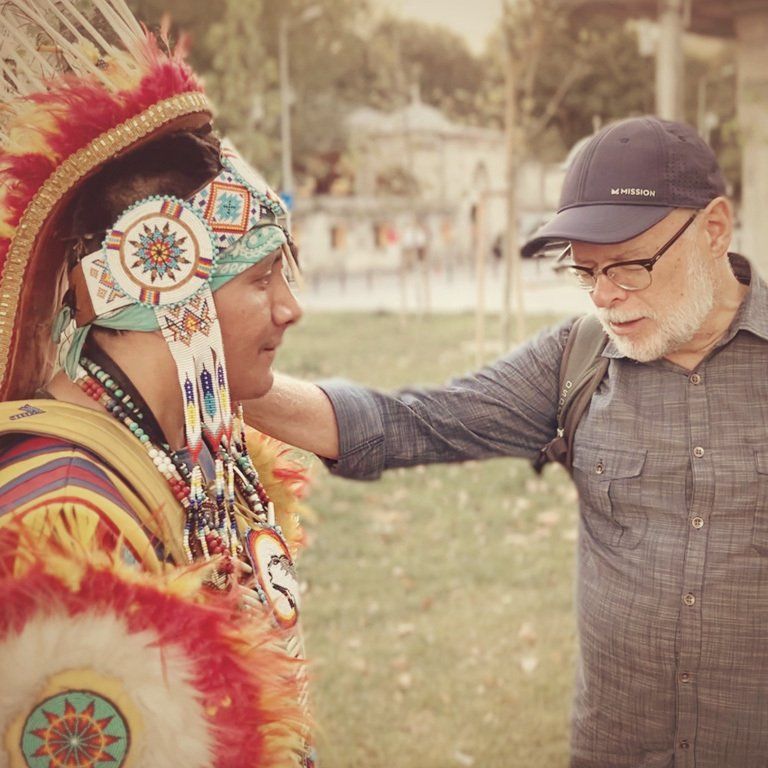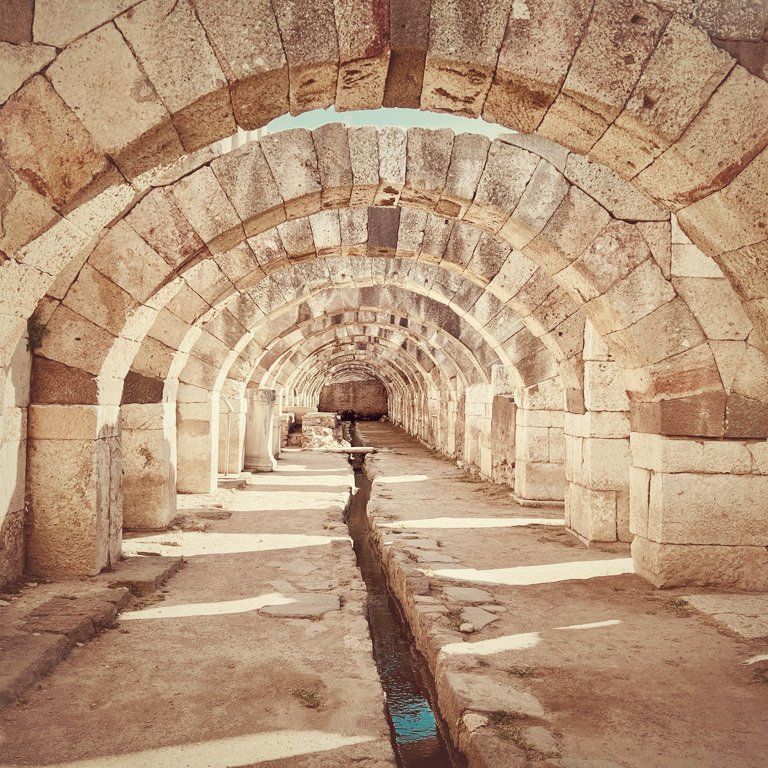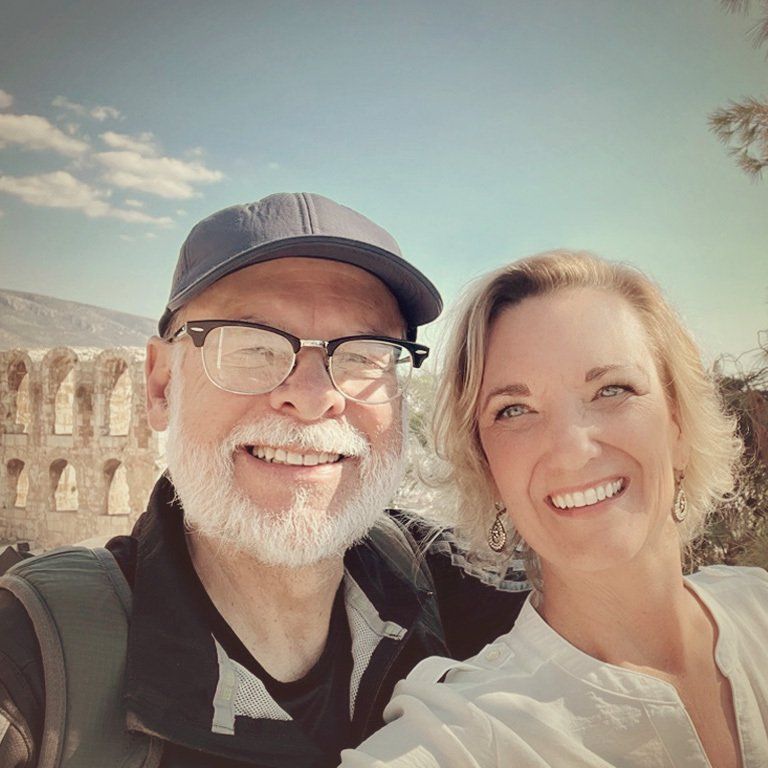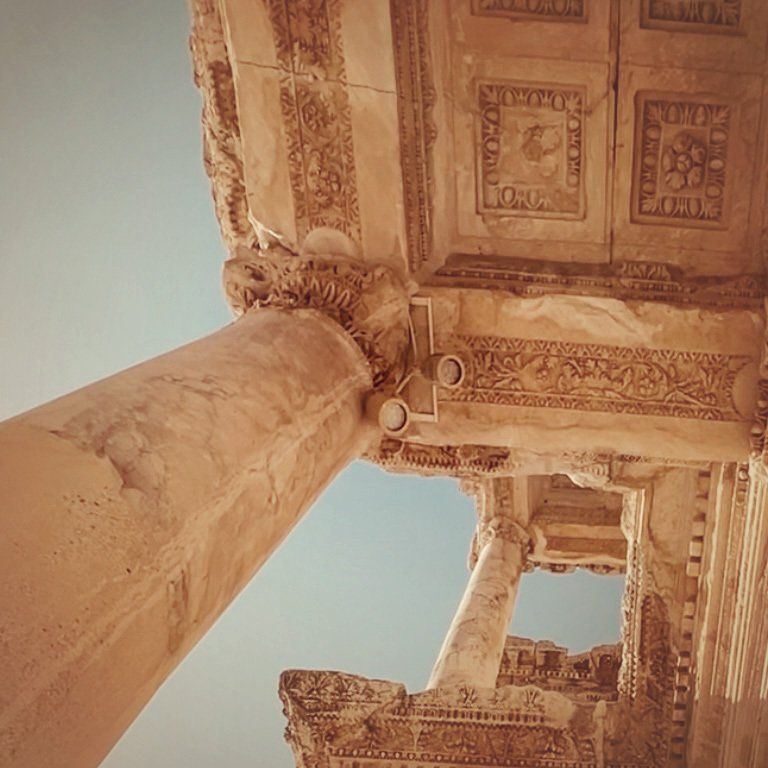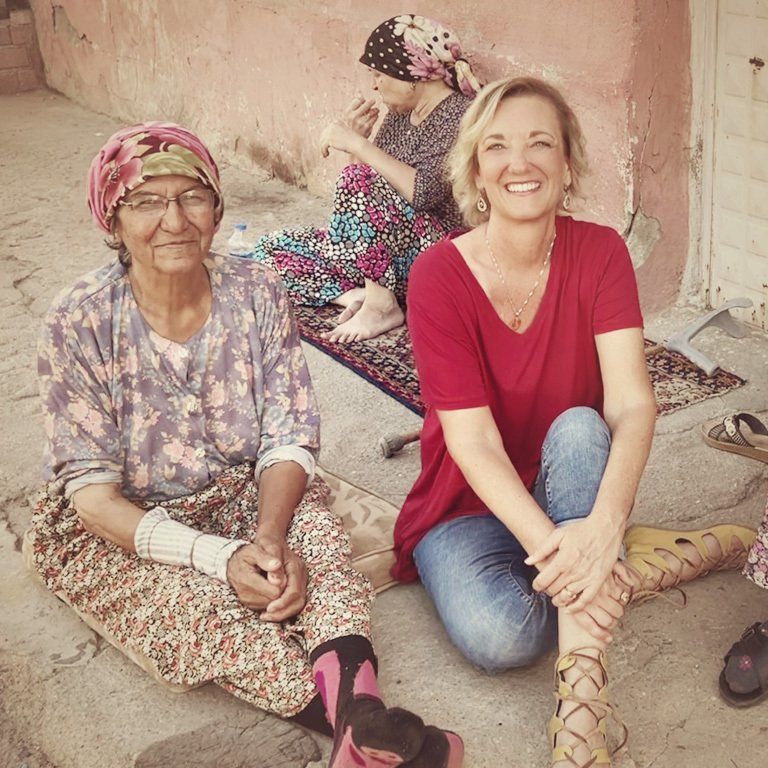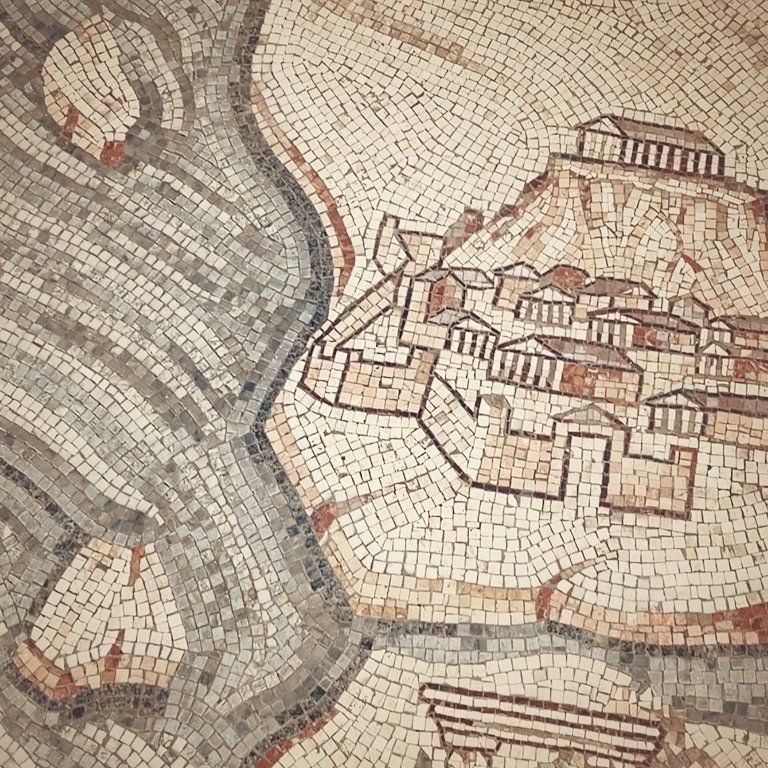Are you inspired to visit the biblical sites and historic cities in Turkey? Come with us on a life-changing adventure!
Noted by ancient historians as “the most illustrious city of Asia” and a “royal city,” Pergamum in all its ruin still has the power to take your breath away. Built on a mountaintop precipice 1,000 feet above the plain—with a sharp dropoff to the city below—we discovered the best way to reach the acropolis was to use the funicular cable cars we stumbled across after our GPS led us onto a dead-end street.
The Biblical Significance of Pergamum
To the angel of Messiah’s community in Pergamum write: “Thus says the One who has the sharp two-edged sword. I know where you live—where satan’s throne is. Yet you continue to hold firm to My name, and you did not deny your faith in Me even in the days of Antipas, My faithful witness, who was killed among you, where satan resides.”
“But
I have a few things against you. You have some there who hold to the teaching of Balaam, who was teaching Balak to put a stumbling block before Bnei-Yisrael, to eat food sacrificed to idols and to commit sexual immorality. Likewise you also have those who hold to the teaching of the Nicolaitans. Repent then!
If not, I will come to you soon and make war against them with the sword of My mouth. He who has an ear, let him hear what the Ruach is saying to Messiah’s communities. To the one who overcomes
I will give some of the hidden manna, and
I will give him a white stone—and written on the stone
a new name
that no one knows except the one who receives it.” Revelation 2:12-17
Of all the governors of the Roman provinces, it was the Roman governor in Pergamum who was given the double-edged sword—giving him the power to determine life and death for an accused person. Believers there witnessed the martyrdom of their church leader Antipas—the only martyr listed in the book of Revelation—yet they held firm to His Name and did not deny their faith. John says of his encounter with Messiah in Revelation chapter 1, “. . .out of His mouth came forth a sharp, two-edged sword” (v. 16). This is One with true power and authority!
Satan works overtime to draw our attention away from the Living God and onto ourselves or our own idols of worship—money, luxury, fame, comfort, health, self, and so much more. If the believers in Pergamum could hold fast to His Name and not deny their faith—living in the place where satan's throne was located—then so can we. Our lives are strategically placed for this point in time.
May the testimonies of
our lives create examples
for the world to see—His love and power at work in us.
The Seven Churches of Revelation
Community Reputation: The Brave Church
Correction Needed: Repent from false teaching and committing sexual immorality
Promise Given: Overcomers will receive hidden manna and a white stone with a new name
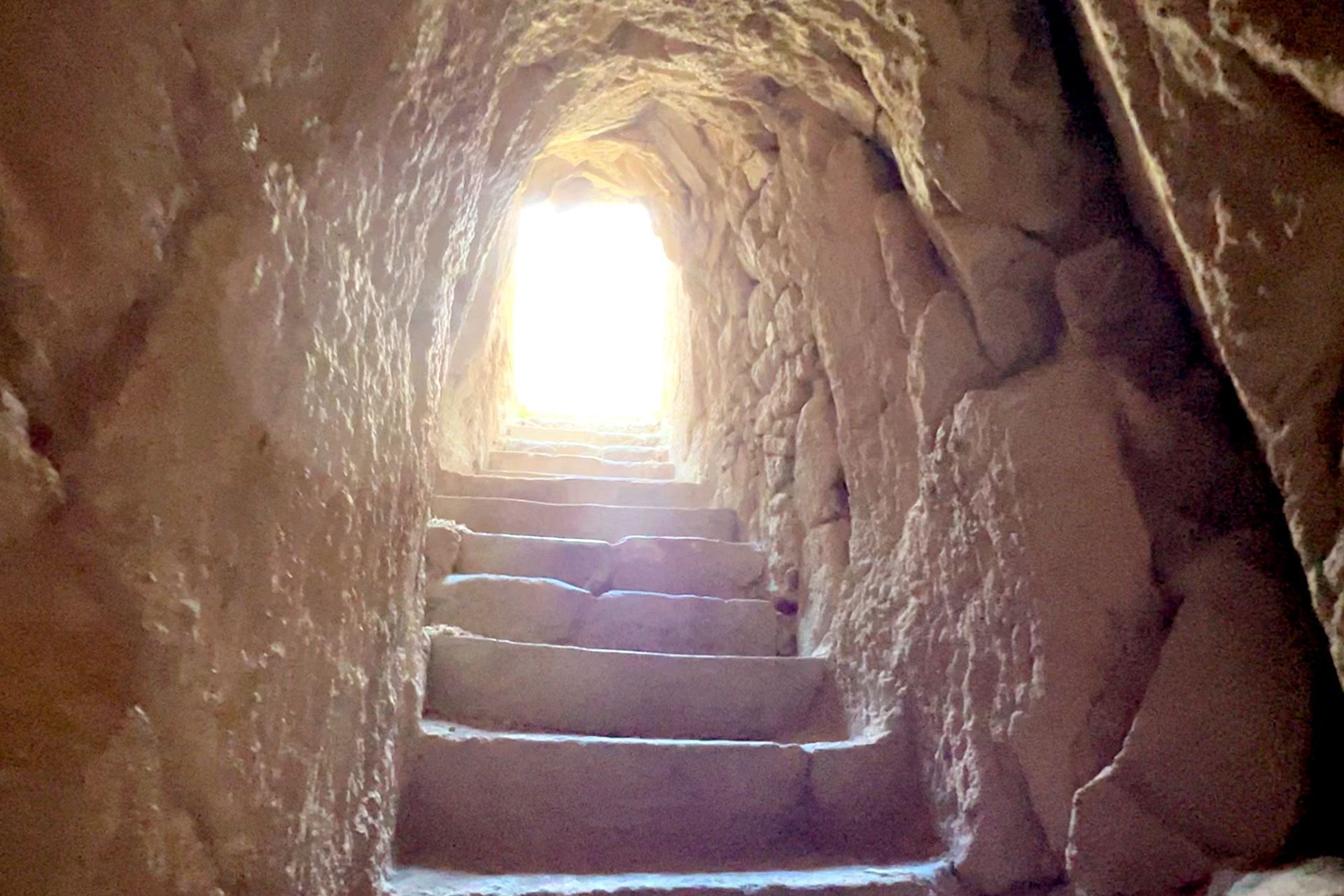
Walk down this tunnel to the steepest theater of the ancient world!
Key Verse
“You continue to
hold firm to My name, and
you
did not deny your faith
in Me.”
Revelation 2:13
Spiritual Inheritance
Courage to hold firm to the Name of God and not deny your faith, no matter what circumstances surround you
What to Expect in Pergamum Today
Why Christians Should Visit
Pergamum is a place where kingdoms were in conflict—light versus dark, holiness versus sinfulness, the Kingdom of God versus the kingdom of satan. The level of perversity was so strong here that even the Roman government issued a scathing rebuke. Believers who lived here in the first century did so at the peril of their own lives. And yet, they were commended for holding fast to the Lord and not denying their faith, even when martyrdom was knocking at the door.
This is the heritage for all who have put their faith in Messiah Yeshua (Jesus Christ). As culture around us continues to descend to deeper levels of depravity, we can look to those who came before us and step into the inheritance they left behind—receiving a new measure of courage . . . bravery . . . unwavering faith.
Pergamum is a place for all Christians to visit and encounter the heart of Jesus, and leave behind a blessing of your own. He is our Living Hope!
About Lorraine Marie
Social Media
Find us on
The Inspiring Blog
